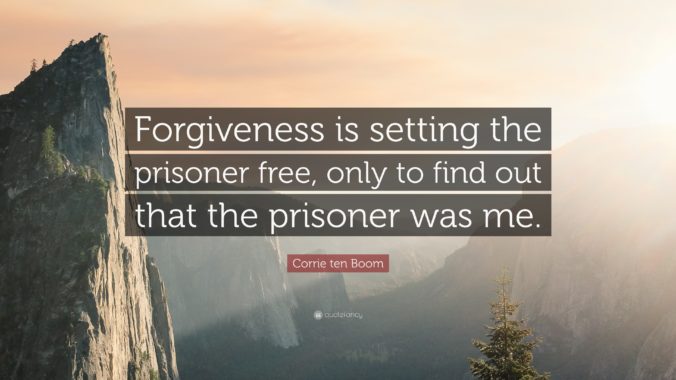In my world of virtual (and real) friends, I have some who proclaim the wonders of essential oils. I have those who found healing in particular pro-biotics. There are a few who turn to herbs and even more that have changed lifestyles around ways of eating and experienced transformation. I’ve used all of these things in a season of my life – or even all of them in a given day – and have nothing negative to say about them. Use all of the things, I say.
I’m starting to wonder if effectiveness is not only in the science (and I do think there’s evidence to support any of them). I think the particular gift of any life-changing supplement lies in the gift of returning one’s personal power. We get to play a role in deciding the direction for our lives.
Listen to the stories of the believers (even my own testimonials) and you hear the undertones: “I had tried everything.” “I spent millions of dollars visiting all of the doctors.” “I couldn’t even get out of bed in the morning, but now I have the energy of a thousand racehorses.” Finally, something worked, and that magic sparked a belief in a new power at their fingertips.
I’ll maintain that it is partially about the product. These are not placebos. But if you’re wondering why your FB friends won’t just get over the magical snake oils already, the reason is partially their regained health and a whole lot of they reasserted their own power to decide. They’re no longer victims to this fallen, eczema-induced world, but co-conspirators to its transformation. I’ve noticed that the most financially successful products are the ones that remind people they can also earn a living while helping sound the bell for other people to regain their freedom. (This isn’t a bad thing. The world needs more free people.)
We feel powerlessness in our bodies. Illnesses that won’t go away. Babies that won’t stop crying or start sleeping (God, save us all). We feel hostage to our thoughts that won’t subside and havoc-wrecking habits. When you feel rotten, the powerlessness is nearly as overwhelming as the expressing symptoms. (Ahem, grief. I’m looking at you, October.) Modalities that say, “hey, you have a choice” have the the double-positive effect of not just easing symptoms but reminding us of our voice. We’re no longer dependent on someone else to give us what we need*.
As the body, so the soul.
What if our issues aren’t just skin deep? Maybe it’s actually reversed. Perhaps we feel so powerless in our life that it begins seeping out of our skin. Treatments, products, even yoga practices – they help our illnesses and they restore the soul because, Oh yeah!That’s right, I’m not a puppet in someone else’s play.
This, my friends, is the power of faith. I wonder if this might be what is behind Jesus’ repeated words, “Your faith has healed you.” I have to wonder about his tone of voice. Did he say it with an air of “do you see what you just did there?”
Like my oils and herbs, I’m not about to erase the power of God in these healing stories. Yet, I’ve been reading the gospels with this lens, and I have to pause. When looking at people living in political- and religious-induced victim situations, Jesus gives them courage to assert their power, without demanding they necessarily upend the entire structure of society. I hear his words in his most famous sermon telling people that when someone punches them in the face, they have the power to turn the other cheek, and with it challenge the character of the man who strikes him. When forced by political oppressors to carry the luggage, they have the volition to keep going, which would bring about reprimand for the soldier who issued the mandate.
There’s something about Jesus and the way he reminds people of their worth and their own intrinsic, given-by-the-act-of-being-born power. He seems to tell them Your response is your birthright. No one can take that away.
We don’t get to choose many of our circumstances. We don’t get to choose other people’s behavior. Certain institutional structures seem to be out of reach. But we do have our response. Even choosing not to respond is a choice we get to make.
And if you really want to exert your power, love anyways.
*Unless we become dependent on a product or practice. Then we mistakenly hand over our power again. Don’t do that.


